#quan
Text
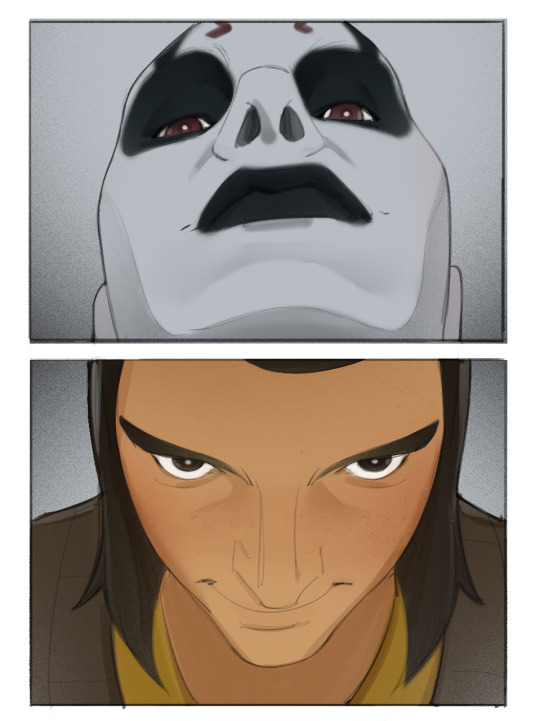

they're talking
2K notes
·
View notes
Text
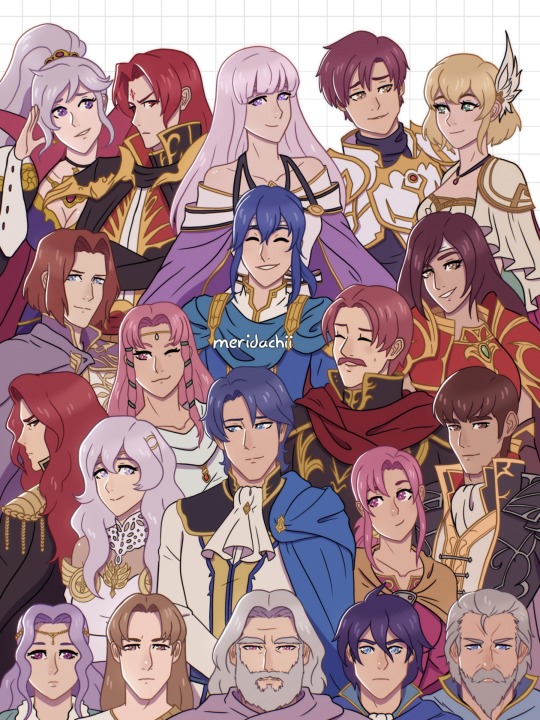
Seliph's big and complicated family
Who’s your favorite member of this family?
#Seliph#sigurd#leif#fe4#fire emblem genealogy of the holy war#fire emblem#fire emblem art#meridachii#My art#deirdre#julia#julius#ishtar#nanna#saias#linoan#Oifey#altena#ethlyn#quan#arvis
315 notes
·
View notes
Photo










Quan冉有点饿
303 notes
·
View notes
Text
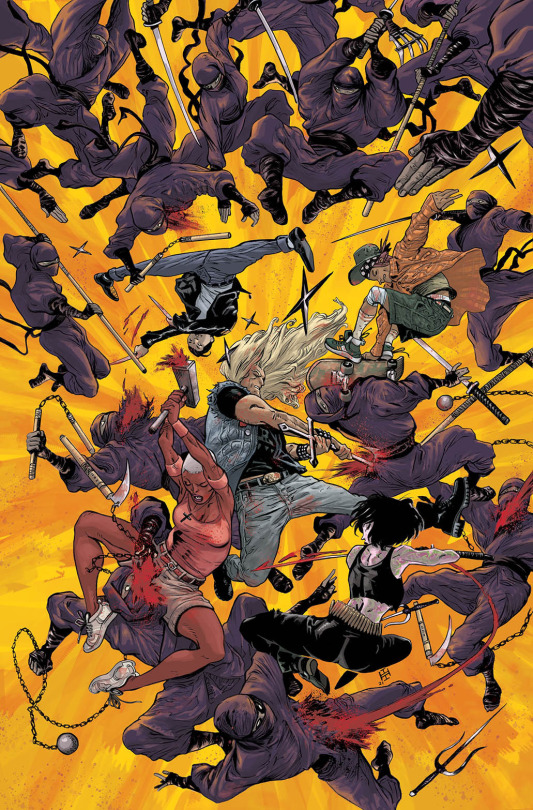
Deadly Class #54 (Variant Cover art by Max Fiumara)
#deadly class#max fiumara#image comics#rick remender#saya#kuroki#zenzele#quan#textless cover art#superheroes#artwork#illustration
91 notes
·
View notes
Text


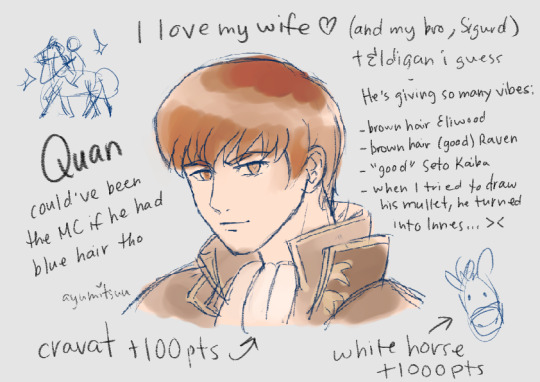
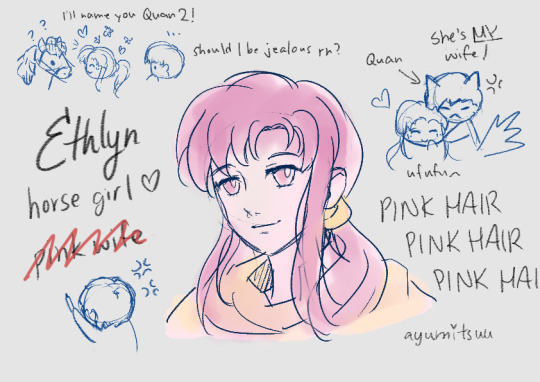
First time playing FE4, my impressions so far ;D
#fe4#geneology of the holy war#sigurd#deirdre#Quan#ethlyn#first playthrough#first impressions#ayu draws fe4#fire emblem#feh#fe heroes#ayu plays fe4
45 notes
·
View notes
Text
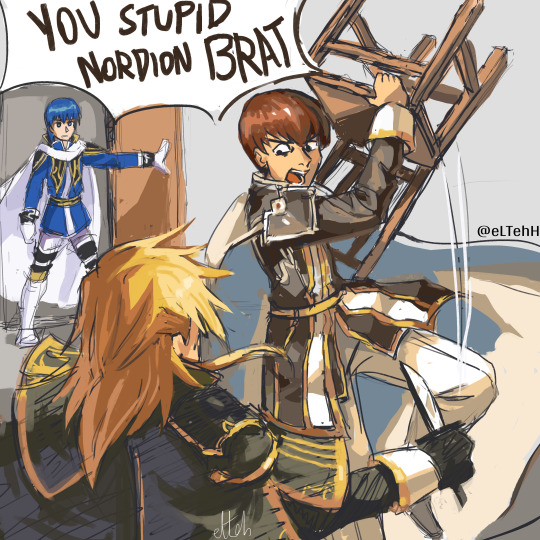
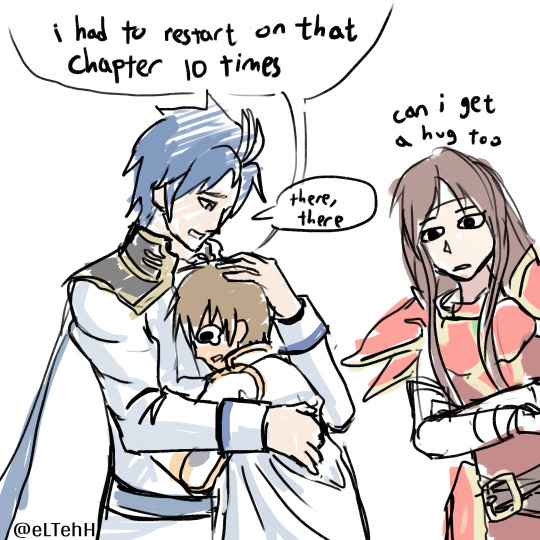

FE4 dads babysit each others' kids
#FE4#fire emblem#jugdral#genealogy of the holy war#eldigan#sigurd#quan#ares#leif faris claus#altenna#seliph#finn#that's a lotta tags#i hope i got the names right i haven't kept up with heroes loc
364 notes
·
View notes
Text
Comparing the First and Second Generation Trios of FE4
One of the themes of Genealogy of the Holy War is the juxtaposition of the actions and behaviors of the second generation characters against that of their parents. The child characters inherit the traits of their parents not just physically but also in terms of behavior. Yet in many ways, they end up doing better in the areas that their parents failed in; for example, Seliph does not rush into a relationship like Sigurd did. In this essay I will discuss this juxtaposition that occurs.
Seliph vs Sigurd
Seliph and his father despite being related are rather different people. We see the contrast between Sigurd and Seliph on several different levels. Sigurd is the bold Holy Knight who never shirks away from the opportunity to correct a perceived wrong; Seliph is a nervous teenager who reluctantly assumes the role of Jugdral’s messiah. Sigurd is prone to immediately rushing to fight to correct an injustice as seen in his intervention in Verdane to rescue Edain; Seliph is reluctant to fight at times as seen when he needed to be coaxed by Lewyn to continue the Thracian campaign. Sigurd shows little reflective thought until he is prompted by external forces to think while Seliph oftentimes questions himself and his leadership as his story presses onwards.
An interesting contrast to look at would be the contrast between Sigurd’s relationship with Deirdre and Seliph’s possible relationships. Sigurd falls madly in love with Deirdre and the two marry very quickly after they first meet. Some people argue that this led to Deirdre’s location and abduction by Manfroy. (1) On the other hand, Seliph’s relationships proceed at a slower pace than Sigurd’s relationship with Deirdre. In his lover conversations with Larcei and Tine, Seliph directs his partner to fight by his side rather than Sigurd directing Deirdre to be behind him, while his conversation with Lana highlights a relationship where Seliph chooses to wait for Lana rather than jumping at anyone new (i.e., Julia). This shows a capability to stop and think that Sigurd did not show with Deirdre.
Seliph has a conversation directly with Sigurd at the end of Chapter 10 of Genealogy. Sigurd teaches Seliph the valuable lesson to learn the sorrow of the common people. This is what Sigurd failed to do: he failed to consider what regular people went through in Agustria and other lands where his actions had a direct impact. In other words, Sigurd was an excellent warrior but a poor ruler. Seliph learns from Sigurd and others that he must be compassionate and considerate to others; by doing this, he avoids repeating the mistakes of his father. In my opinion, this conversation showcases the theme of children learning from their parents’ mistakes more than any other scene in the game.
Leif vs Quan
Quan’s flaw is his inability to be aware of his surroundings. His famous lack of situational awareness contributes to his demise at the Aed Massacre. There, he thought that Thracia would attack Leonster in his absence rather than attack him directly. He somehow did not realize that cavalry is weak in the desert, a fact that any seasoned player of the Fire Emblem series could say. Some would also point to Quan’s involvement in the embargoes placed on Southern Thracia, claiming that this made the Aed Massacre deserved, though I would note that this policy predates Quan. Ethlyn has her shortcomings too; she is prone to throw herself into situations to follow her loved ones as seen when she rushed to Sigurd’s aid at the beginning of Genealogy.
Leif actually has similar shortcomings to his parents. In Thracia 776, he ordered his forces to support Ulster which resulted in the loss of much of his strength and the death of his key advisor in Dryas. This led to the siege of Leonster which Leif and friends barely survive. However, he has the luck of being in good hands - under the mentorship of August and Finn, he is able to learn both from his own mistakes and the mistakes of his father. Perhaps this is best seen later in the Thracia arc of Genealogy where Leif is able to recognize his long-lost sister and set the path for her recruitment. This eventually helps Leif accomplish the dream of unifying the Thracian peninsula under one rule – not just a pro-North rule but a rule that benefits all Thracians. And we see at least that the people like it, given Leif’s eventual title as “Sage-Lord.” (2)
Ares vs Eldigan
Both Eldigan and Ares are stuck in prickly situations for their first real appearances in the plot. Eldigan tries to negotiate with Chagall to prevent him from attacking the Grannvalians only for Chagall to imprison him. Meanwhile, Ares goes on a mission with Javarro to attack Seliph’s army only to realize that Lene was being taken in his absence. Their reactions are what makes the difference. Eldigan gives Chagall chance after chance to improve even though he literally killed his own father to begin the Agustrian arc. Even at the end where he is convinced by Lachesis to break off the attack against Sigurd, Eldigan does not outright break from Chagall. Ares, meanwhile, deserts Javarro when the latter taunts him over Lene. He is willing to even join his mortal enemy in Seliph if it means he can defeat Bramsel and save Lene. Ares’ willingness to change sides allowed him to not only survive but to save Lene whereas Eldigan’s stubborn stance led to his death and the occupation of Agustria. (3)
Perhaps the contrast expresses itself best in Agustria’s state under the care of each one. Agustria is totally occupied by Grannvale after Eldigan’s death. He tried to preserve Chagall since he saw him as the leader of Agustria but his efforts in standing by such a cruel man were in vain; they did nothing to save Agustria from its fate. Ares fixes the mess left behind by his father’s generation by unifying Agustria under his rule after the events of Genealogy. He even enlists the help of Leif in this campaign; he does not try to “go it alone” so to speak as Eldigan did. (4)
Tying in between it all
One could, perhaps, compare other children with their (possible) parents as well. For example, Ced has the interesting twist of outright repeating the mistake of his father Lewyn. He leaves his mother behind to try to search for Lewyn only to be distracted by the strife within Thracia. Nanna mirrors her mother just as Ares mirrors his father, except that she is able to convince Ares to directly make amends with Seliph in a way that Eldigan did not with Sigurd. I did not cover these cases in detail because I wished to limit the scope to Seliph, Leif, and Ares, but they do offer fodder for discussion. (5)
So we return to our comparison of our trios. Sigurd, Eldigan, and Quan were not without their good qualities; they all had good hearts and genuinely cared for the people around them as well as for each other. But it turned out that Sigurd was too rash, Eldigan was too rigid, and Quan was too ignorant for the world that they lived in. Seliph, Leif, and Ares were not without their faults either; sometimes their faults caused problems as seen in the siege of Leonster. But each of them still improved on the faults of their parents and this helped them successfully defeat the Empire and become a well-loved leader in their native countries.
But perhaps one fact that I cannot omit is how their fathers did assist in their growth. Quan somehow was wise enough to leave Finn behind with Leif and that choice, chance as it was, paved the way for Leif to lead a successful rebellion against the Empire. Ares was able to come around on Seliph because of a letter that Eldigan wrote. (6) And of course, Seliph was directly told by Sigurd to pay more attention to the common people. As much as one can malign the first generation trio, I must acknowledge how they provided for their children.
Conclusion
For me, Genealogy and Thracia fundamentally are not just stories about struggling with an evil mastermind. They showcase many problems in the world which the characters must also pay heed to. With the first part of Genealogy, I find it enthralling that the main characters not only have flaws on display but that their flaws directly lead to their downfall. It is certainly a draw, too, that the characters in the second part of Genealogy and in Thracia are confronted with the flaws of the earlier generations: the inability to pay attention to the needs of the people, the ongoing blood feud between North and South in Thracia, among other things. Of course, the children aren’t perfect either. Leif especially is still prone to making rash decisions even with good advisors around him. But isn’t that what usually happens in real life: each generation makes their own mistakes which must be fixed by later generations.
Footnotes:
I subscribe to the line of thinking that the Loptrians were on the verge of finding Deirdre in any case. Sigurd’s encounter with her at least led to the birth of Seliph.
Thracia 776 Leif ending
Of course as seen in Eldigan between a Rock and a Hard Place, the option of joining Sigurd wasn’t inherently desirable either. But I point out that for Ares, joining Seliph ran the risk of joining the losing side too. Ares had a lot to lose still.
Thracia 776 Nanna ending: “Following their victory at Belhalla, Nanna devoted herself to helping Leif liberate Agustria.”
The original draft of this piece actually included Ced and Nanna among others, but I felt that an in-depth discussion would be distracting to the main point.
I am assuming that the letter which Nanna gave to Ares was not a forgery. Genealogy does not give any direct reasons to doubt the letter’s authenticity.
#fe4#fe5#genealogy of the holy war#thracia 776#jugdral#sigurd#eldigan#quan#seliph#ares#leif#happened to be sitting in my google docs
33 notes
·
View notes
Text
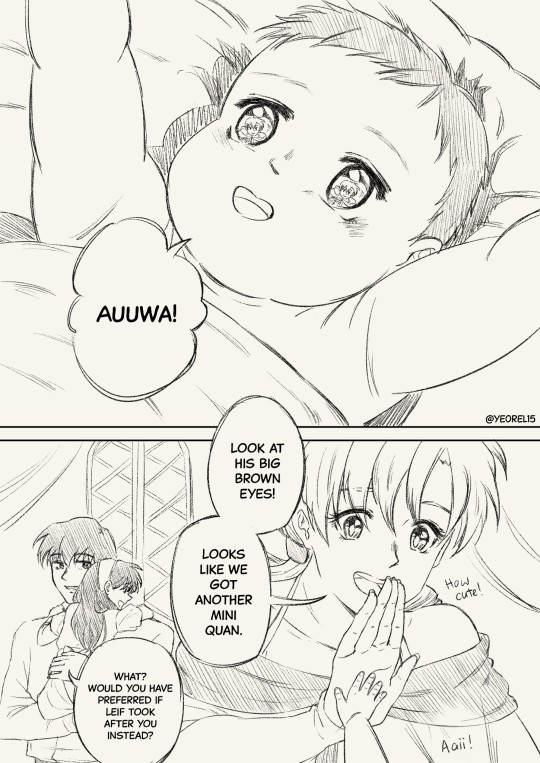
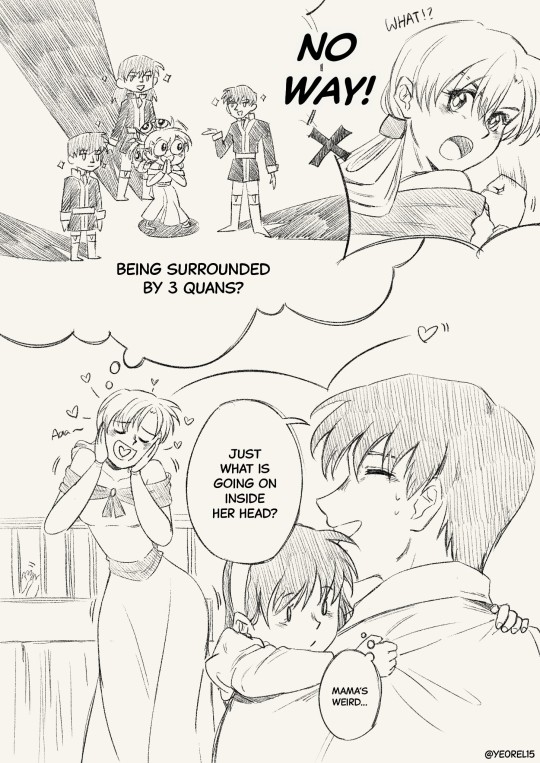
A comic for 'Family' prompt for QuanEthlyn Week 2023
#fire emblem#fe4#fire emblem fanart#genealogy of the holy war#fire emblem genealogy of the holy war#Quan#Ethlyn#Leif#Altena#Quan x Ethlyn#QuanEthlyn#quanethlynweek2023
58 notes
·
View notes
Text
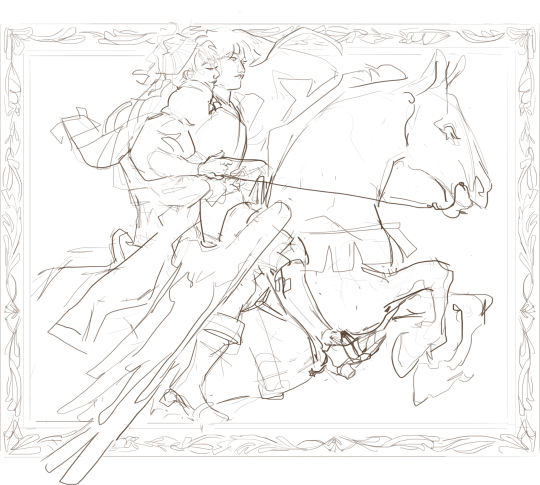
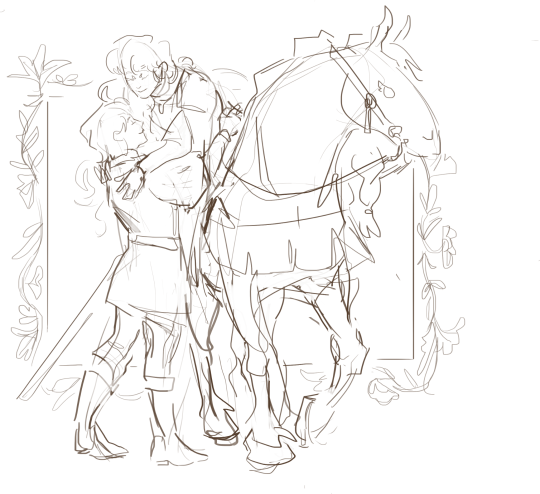


I wanted to do some Fe4 sketches inspired by enluminures in books of hours
22 notes
·
View notes
Text
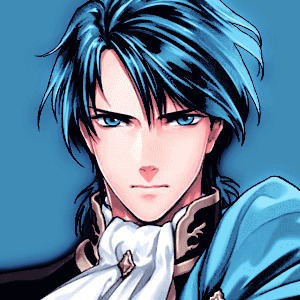

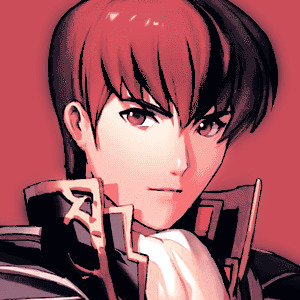

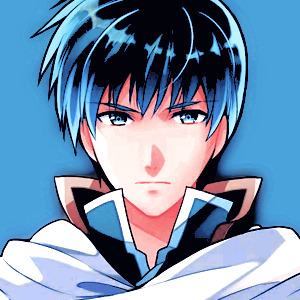



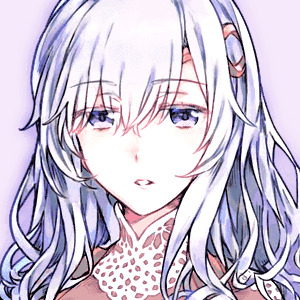



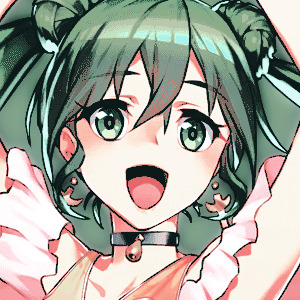





happy anniversary genealogy of the holy war!
playable feh gen 1 icons, credit to use!
#❁ edits#icons#fire emblem genealogy of the holy war#fe4#okay now it's character tagging time oh my god#sigurd#arden#quan#ethlyn#finn fire emblem#azelle#lex fire emblem#ayra#deirdre#jamke#lachesis#lewyn#silvia#erinys#tailtiu#brigid
56 notes
·
View notes
Text
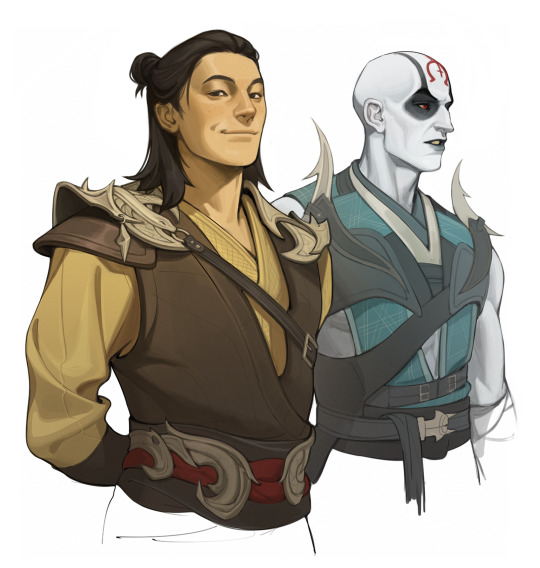
november
956 notes
·
View notes
Text
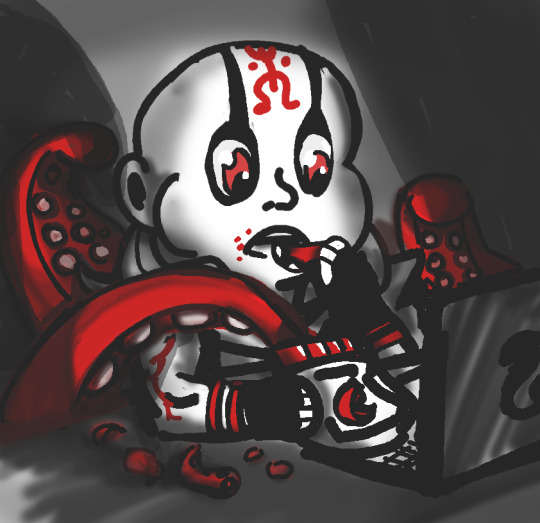
#mortalkombat#mortal kombat#mk1#chibi#chibi art#chibi character#mk1 2023#chibiart#mortal kombat 1#mortalkombat1#MK1#MK#MortalKombat1#MortalKombat#QuanChi#Quan#Chi#tentacles#thecellfilm
17 notes
·
View notes
Text
being forced to go to work when i could have been spending time with my current book boyfriend - shame
#book boyfriend#acotar#rhysand#cassian#azriel#Lucien#fbaa#from blood and ash#casteel da'neer#hawke#adam carlsen#the love hypothesis#aaron warner#shatter me#aaron blackford#the spanish love deception#lucas martin#the american roommate experiment#quan#the heart principle#legend#caraval#bookish#hunt alathar#crescent city#ruhn danaan#dorian#roth#white hot kiss#bookworm
44 notes
·
View notes
Text
Some cute lovers..🩷

143 notes
·
View notes

